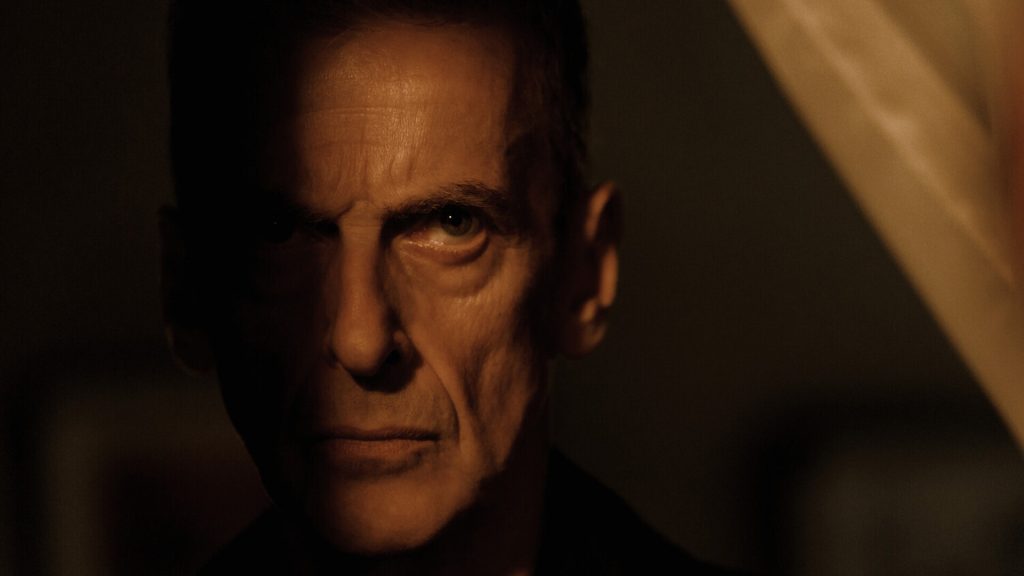Ron Klein doesn’t write crime fiction. He engineers it. With The Caribbean Connection, he’s created a world that doesn’t just feel real; it feels dangerous. This isn’t just a story about drugs; it’s about power, paranoia, and the cost of ambition. And trust me, the cost is steep.
At the center is Ron, a man who’s built a multi-million-dollar empire running marijuana through the Caribbean. But as synthetic opioids start dominating the market, his quiet corner of the drug world turns into a war zone. Cartels are shifting tactics. Loyalty is wearing thin. And Ron finds himself locked in a chess match against people who don’t play fair—or forgive.
But what really hooks you isn’t just the criminal empire—it’s the betrayal. Klein crafts a narrative where no one is safe, especially from their own people. When Ron learns there’s a mole in his organization, he doesn’t just want revenge. He wants control. And that’s where things get brilliantly messy.
One of the most jaw-dropping scenes in the book is when Ron fakes a drug shipment to flush out the mole. It’s part heist, part sting, and 100% nerve-rattling. Guns, night vision glasses, secret coves—it plays out like a movie you didn’t know you needed. And when the plan works, revealing a secretary named Josephine as the insider, you feel the jolt in your bones.
But Josephine isn’t just a plot twist. She’s a character. A single mom manipulated into spying for the competition under the guise of doing the right thing. Her story adds emotional depth and moral ambiguity—a signature of Klein’s writing. Nobody here is just good or bad. They’re all trying to survive. They’re human, messy, conflicted—and that’s what keeps you turning the pages.
Klein also plays the long game with relationships. Take Marcia and Vincent. Their storyline unfolds with the softness of a domestic drama—until Vincent drops dead of a heart attack at the theater. Suddenly, Marcia is left with secrets, debts, and dangerous men who are just now showing their true faces. It’s not just grief; it’s strategy. And Marcia learns fast. Her evolution is both moving and chilling. She quickly transitions from widow to player in a game where everyone’s watching and trust is currency.
Throughout the novel, Klein keeps asking the same quiet question: what are you willing to trade for power? Some characters sell information. Others sell their souls. Some, like Ron, draw lines—until survival forces them to erase those lines in chalk. The drug game isn’t just about product; it’s about perception. And in Ron’s world, losing control means losing everything.
Another layer that makes The Caribbean Connection stand out is its commentary on the real-world shift from marijuana to harder drugs. The novel breaks down how legalizing weed in many states has created a vacuum—and how cartels are flooding that vacuum with heroin, cocaine, and fentanyl. Klein doesn’t glorify it. He exposes it. He connects fiction with fact, turning his novel into a lens through which we view real societal fractures.
In a time when true crime is topping charts and cartel documentaries are dominating Netflix, The Caribbean Connection feels both timely and timeless. It has all the blood-pumping thrill of a crime series, but with the insight and control of a veteran storyteller. Klein’s approach is surgical—he cuts straight to the bone, giving you character, conflict, and consequences in every chapter.
Klein doesn’t write caricatures. He writes people. People who scheme, stumble, grieve, retaliate. People who use charm as currency and fear as leverage. People like Lucas, Ron’s rival-turned-reluctant partner, who walks the fine line between enemy and ally. Their tense meetings, filled with veiled threats and cautious truces, are some of the novel’s best scenes. You never know if a handshake is a pact—or a setup.
There’s even a subplot about merging two West Coast operations—Arthur and Nick—to expand distribution, a clever business maneuver that would make corporate raiders proud. It’s this kind of strategic depth that sets the book apart. Every character has a motive. Every move has a consequence. It’s as much about boardroom tactics as it is about street-level survival.
And just when you think the story has settled, Klein hits you with a twist: Ron retires. Not in a blaze of glory, not in a shootout. He steps away. Makes room for the next generation. It’s a quiet, almost elegant ending to a story drenched in blood, betrayal, and ambition. His departure is not just a plot resolution—it’s a baton pass. And what comes next may be even more unpredictable.
The Caribbean Connection isn’t just a crime thriller. It’s a blueprint for how power shifts hands, how loyalty is tested, and how every empire—legal or illegal—eventually comes to a crossroads. It’s a novel that simmers with tension and erupts with consequence.
Read it if you like tension you can cut with a knife. Read it if you want characters who surprise you. But most of all, read it if you’re ready to see what happens when the game isn’t just about money—but about who survives to play another day. This is the kind of book that doesn’t just entertain—it provokes, questions, and lingers.


